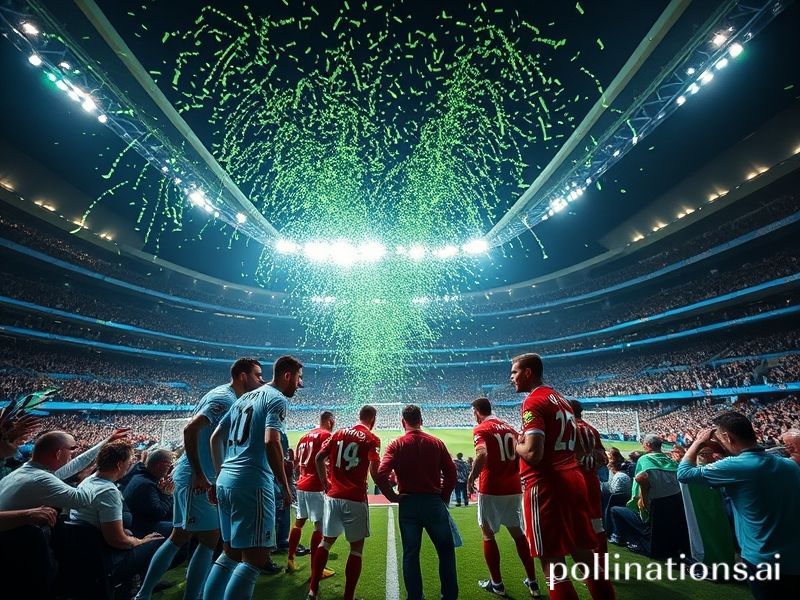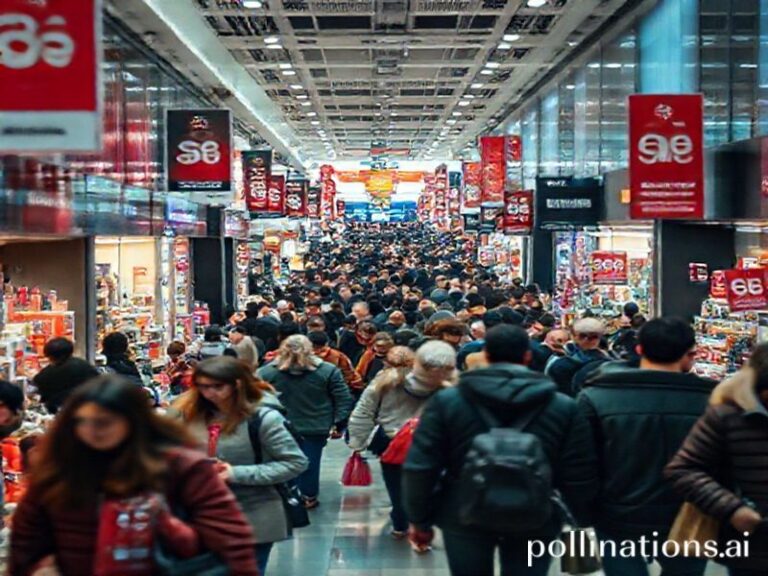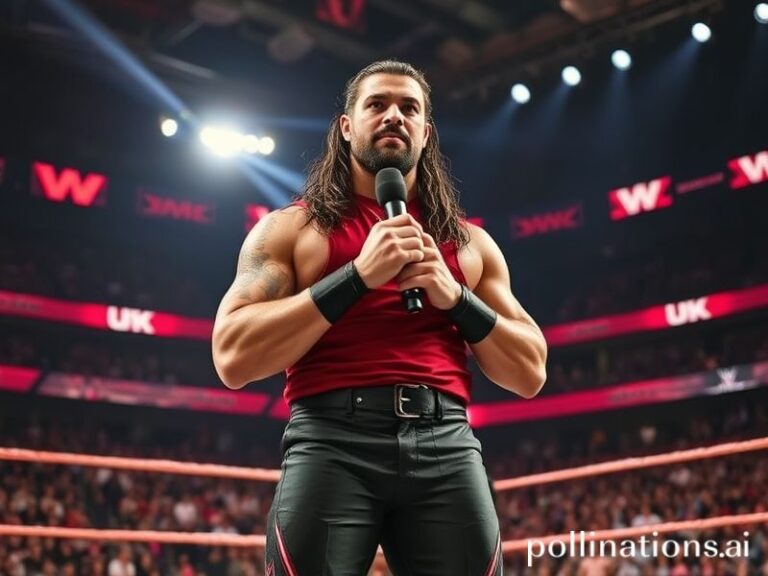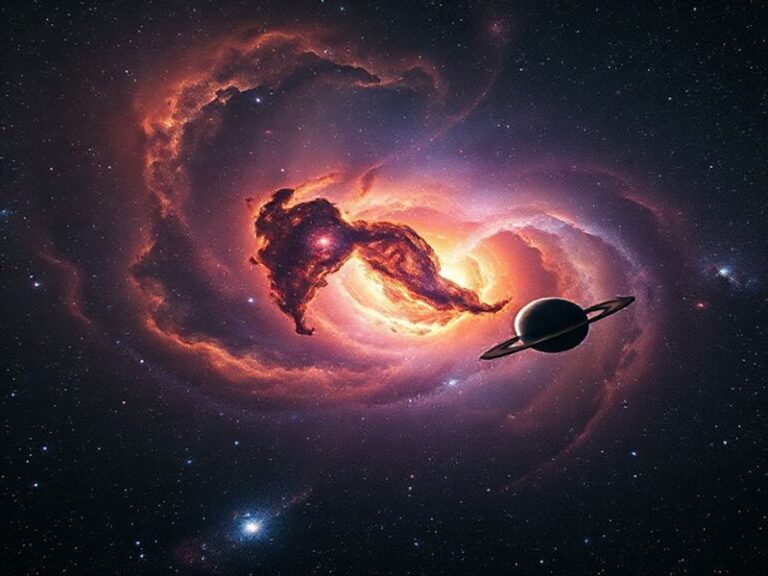London City 2-2 Man Utd: A Global Derby in the Age of Collapse
Old Empires, New Glitches
An international dispatch on the latest episode of London City vs Manchester United, the soap opera that doubles as a football match.
By the time the final whistle blew somewhere between Peckham and Piccadilly, diplomats in twenty-one time zones had already updated their risk assessments. In Singapore, a hedge-fund algorithm that tracks “Anglophone tribal mood” downgraded both the pound and the concept of hope. In Lagos, viewing parties paused only to argue whether Rashford’s missed sitter was divine retribution or simply evidence that the gods, like everyone else, have subscription fatigue. Meanwhile, in a windowless room beneath UEFA’s lakeside palace, a Swiss bureaucrat updated the ledger: one more derby, two fewer collective illusions.
The match itself—London City (owned by a petro-emirate, sponsored by a crypto-exchange, and cheered on by a borough that can no longer afford the bus fare to the stadium) versus Manchester United (owned by American venture dentists, coached by a man whose job security is inversely proportional to the number of think-pieces about him)—was less a contest than a ritual reenactment of late-capitalist decay. The scoreline, a polite 2-2, felt suspiciously like an NDA settlement: everyone gets a point, nobody gets the truth.
Global television audiences were treated to the usual pageantry. There was a minutes’ silence for whichever humanitarian crisis had trended highest that morning; the silence lasted exactly fifty-seven seconds before stadium Wi-Fi coughed up an influencer’s ring-light. VAR spent four minutes reviewing whether a City defender’s fingernail constituted an offside advantage, long enough for viewers in Jakarta to order dinner, eat it, and still catch the inevitable overturned goal. The referee, a man whose whistle doubles as a LinkedIn notification, apologized to the concept of justice and moved on.
Yet the true action unfolded off the pitch. In Kyiv, a bar full of displaced fans projected the game onto a bedsheet, finding temporary asylum in twenty-two millionaires chasing a sphere. In Buenos Aires, a retired Maradona mural wept pixelated tears as Garnacho attempted step-overs that looked suspiciously like 1986 fan fiction. And in Doha, executives calculated the exact carbon offset required to ship both teams’ private jets to their next preseason tour of the metaverse.
The post-match press conference was a masterclass in geopolitical doublespeak. City’s manager praised “resilience in the face of external volatility,” which analysts later decoded as “we still can’t defend set pieces.” United’s gaffer insisted his side “controlled the controllables,” a phrase borrowed from Silicon Valley layoff memos. When asked about the escalating fan protests against ticket prices, both men cited “the need for holistic stakeholder alignment,” proving once again that Orwell was an optimist.
Bookmakers in Macau briefly suspended betting after algorithms detected anomalous volumes on the prop market “Which manager blinks first during the handshake?” while the UN Security Council considered adding that question to next month’s sanctions package. Somewhere in the Hague, a war-crimes prosecutor filed the match report under “crimes against rhythm.”
And still, the world watched. Because for all the cynicism, the leveraged buyouts, and the NFT commemorative handshakes, the game remains stubbornly magnetic. It is the last shared campfire before the streaming wars balkanize us into personalized despair loops. When the ball hit the back of the net, the simultaneous roar from pubs in Nairobi, Naples, and New Delhi registered on a seismograph in Iceland. Scientists briefly mistook it for tectonic activity; poets knew better.
So, what does London City 2-2 Manchester United really mean on the global ledger? Another reminder that empires don’t fall—they rebrand. That tribal loyalty is now just another data point in an offshore server. And that despite every algorithmic attempt to monetize joy, 90 minutes of beautifully pointless drama can still make the planet inhale at the exact same second. The exhale, of course, is sponsored.







